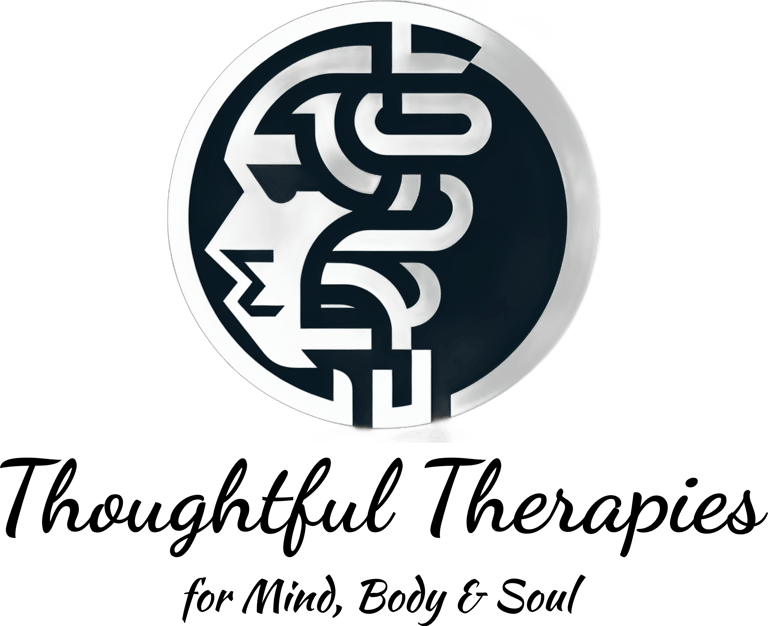The Power of Pausing
How small pauses can lead to big clarity....
Dr. Vishal Panchal. MD.
7/26/20252 min read


In a world where busyness is celebrated and speed is rewarded, pausing almost feels like a weakness. We scroll endlessly, jump from one task to another, and even during our breaks, we are thinking of what’s next. But have you ever wondered—what would happen if you just… paused?
Taking a pause is not about being lazy. It’s about being wise. It’s about creating space between the stimulus and your response. And in that space lies your power—the power to reflect, to realign, and to choose consciously.
Last week, I met a patient—let’s call her Riya. She works in a corporate setup, has two kids, aging parents, and barely sleeps 5 hours a night. She came to me complaining of constant fatigue, stress-induced headaches, and emotional burnout.
What struck me most was this: when I asked her what she does for herself, she fell silent. "I don’t remember the last time I sat without doing something," she said.
So I suggested one simple thing: Pause for five minutes, three times a day—no phone, no talking, just breathing.
She looked at me like I had asked her to climb Everest. But she tried. And one week later, she said, “It felt strange at first. But then… calming. Like my brain got to breathe.”
Breaking Down the Power of a Pause
A pause can be:
A mindful breath before replying to a stressful email
A moment of stillness in your car before entering home
A short walk away from your desk without your phone
A minute to check-in with how you're feeling—not what you’re doing
These small, intentional acts can help your nervous system reset, your thoughts clear up, and your decisions improve.
The Science Behind It
Neurologically, our brain thrives when given a reset. Pausing activates the parasympathetic nervous system—the “rest and digest” mode. It reduces cortisol (the stress hormone), improves emotional regulation, and enhances problem-solving.
In the rush, our decisions are reactive. In the pause, our decisions become reflective.
Chronic diseases—like hypertension, diabetes, even cancer—are not always caused by one big trauma, but often by years of accumulated stress, poor lifestyle, and emotional neglect.
And often, people come to doctors hoping for one pill to fix it all.
But the real healing often begins when the body and mind are allowed to slow down. Pausing is one of the simplest tools we have—and one of the most ignored.
Pausing doesn't mean giving up. It means giving yourself space to see clearly.
Try this:
Close your eyes, take one deep breath, and just be—right now.
Felt good? That’s the power of a pause.
